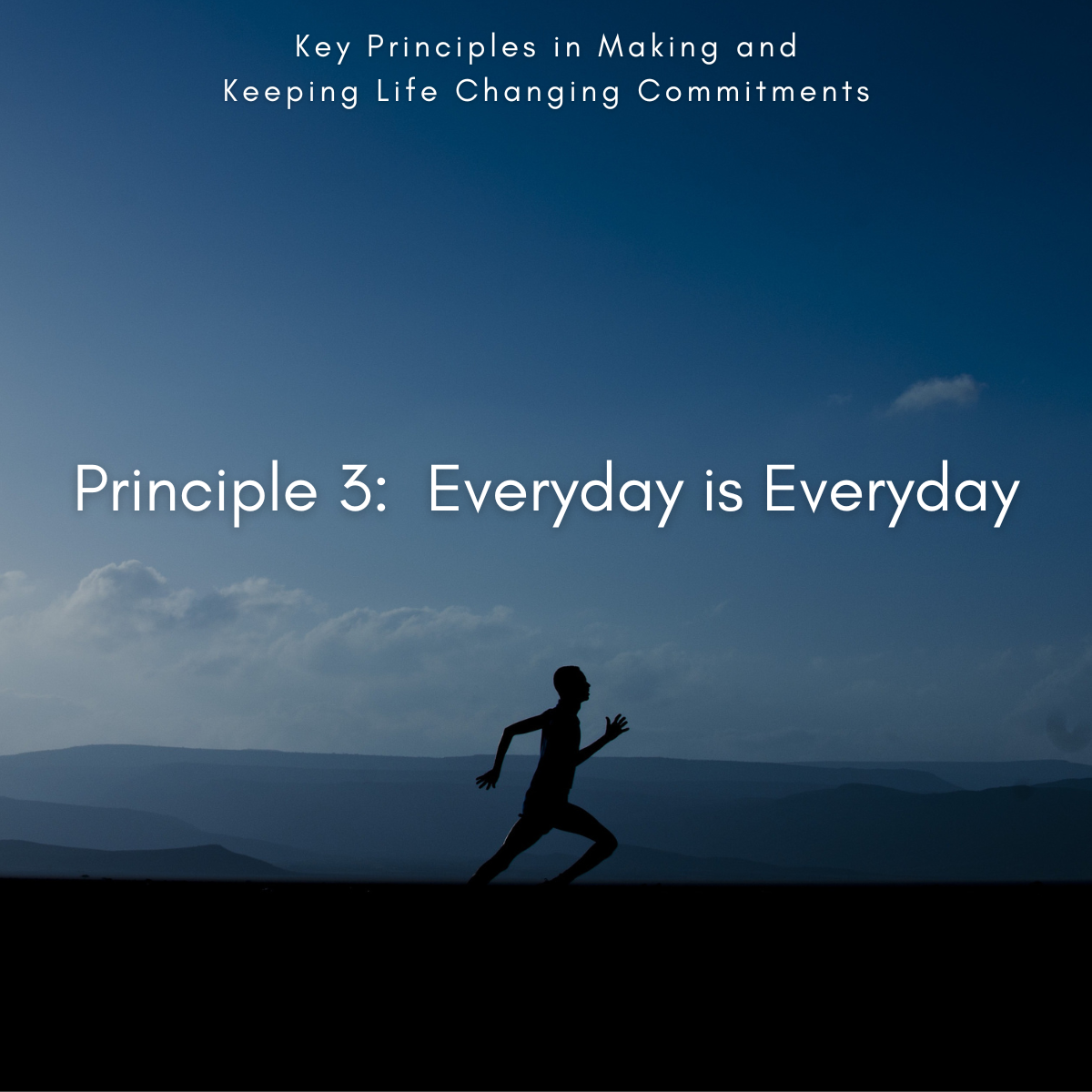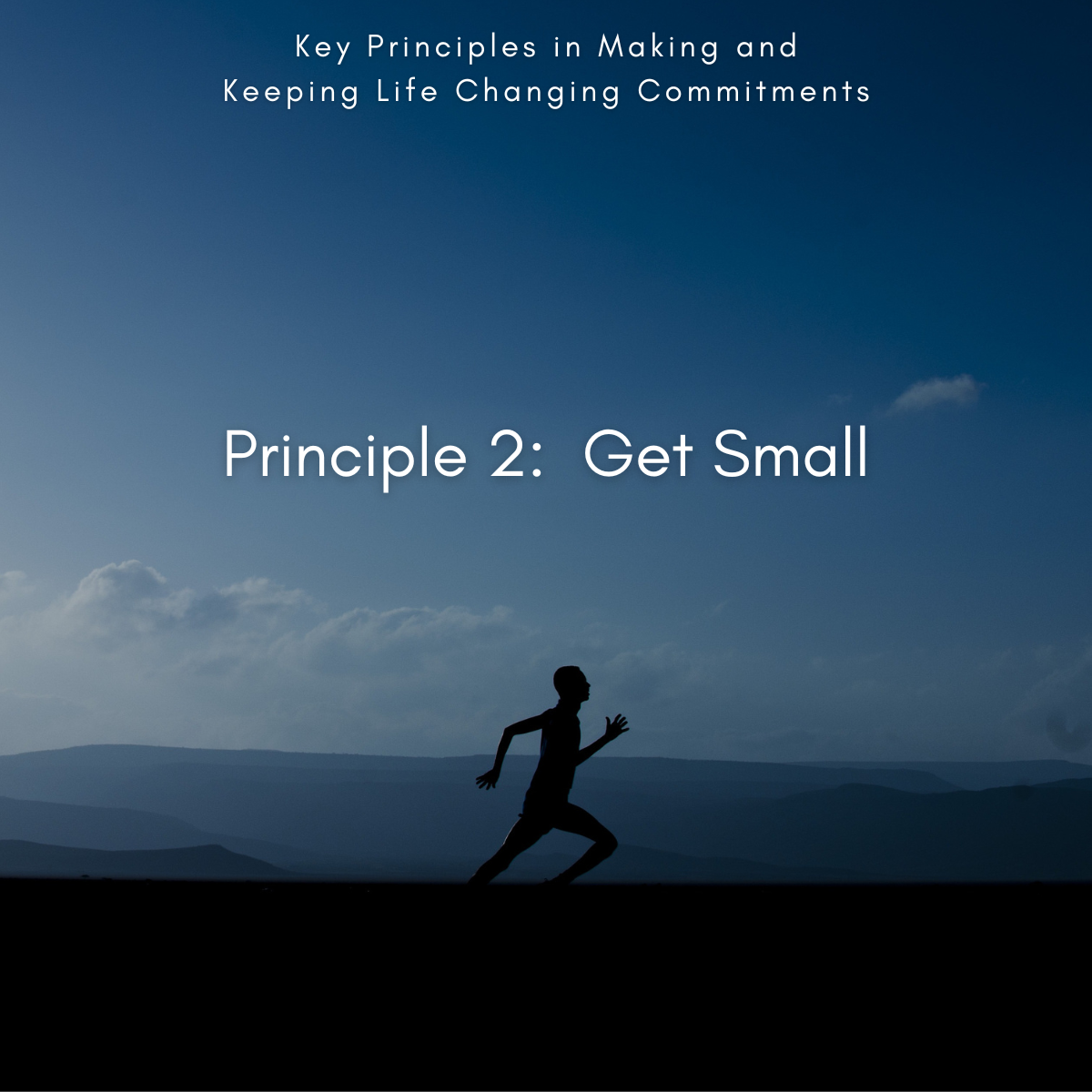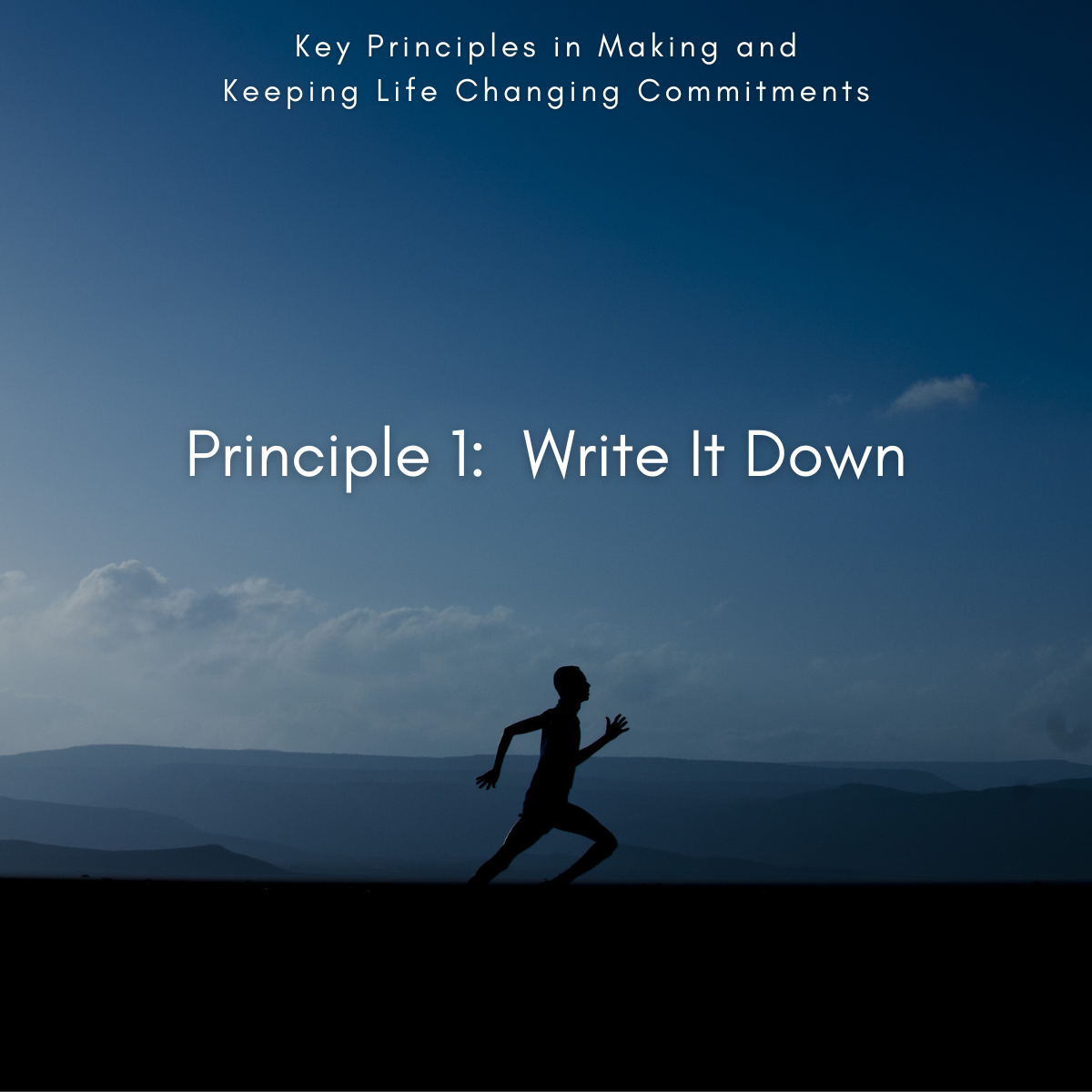The Undervalued Art of Listening
We all have heard and probably believe listening to others is a good idea. We need to listen more and talk less, is a phrase that you hear a lot. From time to time, you will see sage advice from great leaders about speaking fewer words and taking in more than you spew out. I agree, and I am sure that most people do as well.
The Challenge of Changing Our Listening Habits
Except for the fact that we do not do anything about it. The reason is that we have been trained to behave a certain way by our parents, siblings, teachers, peers, and employers. We learn quickly that our voice will only be heard if we get our opinions inserted at every opportunity. Many people who desire to listen more are overwhelmed by a significant majority who will fill any void with their views or ideas. Thoughtful or not, rational or not, factual or not, does not matter. Fill the void at all costs, which is precisely what they do.
The Pitfalls of Preemptive Response Formulation
We all do the same thing. We listen to the person talking just long enough to formulate a response in our mind. After the first few seconds of someone saying something, we have heard enough, and we have already brought forth in the forefront of our minds the next thing we are going to say. We will even start rehearsing that to make sure it sounds right. We are also simultaneously waiting for a pause in the dialog so we can insert our new idea.
Enhancing Concentration Through Active Listening
Have you ever noticed that when you listen to someone who knows a topic far more than you do, your brain goes blank, and you have difficulty concentrating? You might even get drowsy listening to someone who has a significantly greater understanding of a topic than you do. This is because your brain is not actively doing anything. Usually, you are forming the next thing to say. In this case, you have nothing to say because the topic is far above your ability to formulate a meaningful response.
Strategies for Effective Listening
There is a solution to both of these issues. Listening better and staying engaged during a difficult conversation. My first suggestion is to immediately switch from “next thing to say” mode to “restate what they are saying mode.” Instead of trying to come up with a retort or an intelligent comment back to the person you are speaking with, try to capture what they are saying so that you can repeat it back to them in different words. This keeps your mind engaged and focused on the meaning behind what the other person is saying. Then, your simple and only task is to repeat what the person is saying from a new or different angle. Start with phrases like, “So what I hear you are saying is…”
Embracing Silence for Thoughtful Communication
We are so used to speaking so quickly that we might panic when it is our turn to express a thought and find ourselves blank because we need to spend the time while the other person is talking to craft a thought. So what do you do then? The critical point here is that silence is good. It is acceptable to have pauses, even long ones, during a conversation. If you do not have an immediate thought or opinion, you can ask for a moment to process what they just said. Say something like, “What you just said has started me to think about a few things; give me a few moments here while I consider how to express what I am thinking.”
Conclusion: Elevating Conversation Through Mindful Listening
The journey towards becoming an effective listener is not about adopting new strategies overnight but rather about practicing mindfulness in our daily interactions. By focusing on truly understanding rather than simply responding, we open ourselves to deeper connections and more meaningful conversations. It requires patience, practice, and a genuine commitment to seeing the world through another’s eyes. As we hone our listening skills, we not only enhance our ability to communicate but also foster environments where genuine understanding and respect can flourish. This mindful approach to communication can transform our relationships, both personal and professional, leading to a richer, more connected life.




